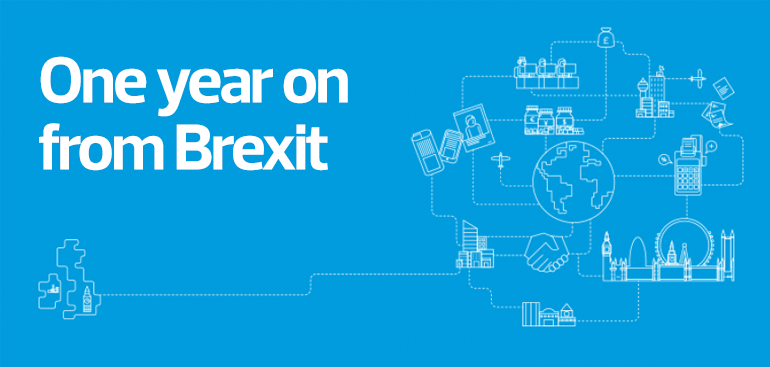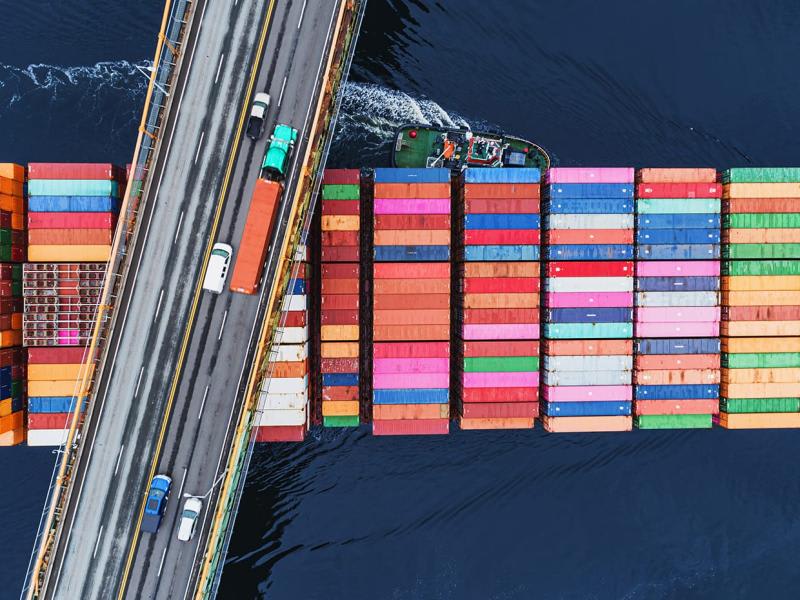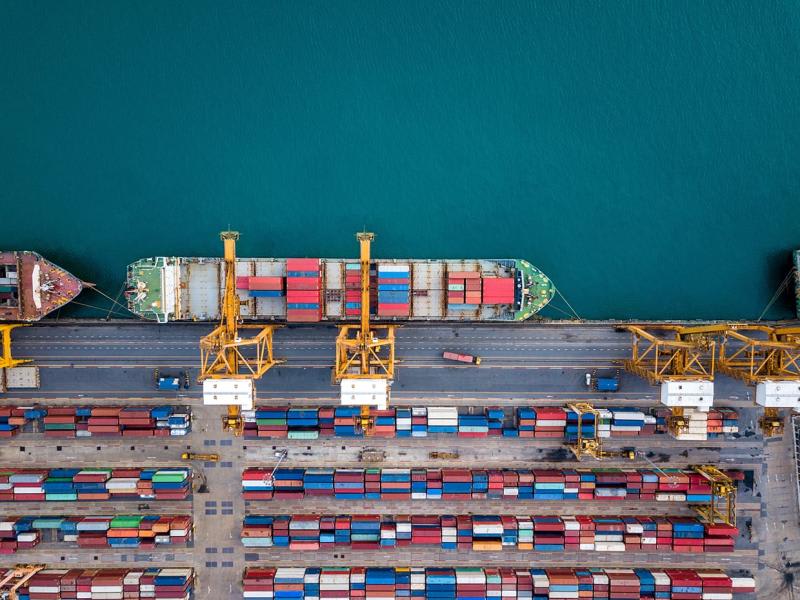A guest blog by Anand Selvarajan, RSM European Regional Leader.

When the UK voted to end its membership of the European Union, a new word ’Brexit’ entered the international lexicon. In a brief period of time, this word has become synonymous with political and economic uncertainty. With Brexit negotiations finally underway, neither the UK nor the EU are any closer to establishing what the final outcome will be. These uncertainties therefore continue to erode business confidence and impact business activity.
At the moment, the UK’s exit is looking like a long and slow separation. Ministers recently expressed dismay at the lengthy process of transferring existing EU law into UK law which will begin in the autumn as part of the Great Repeal Bill. The general mood has been reflected in the UK’s economic performance which has proved resilient but mixed. Sterling continues to be down 15% against the dollar and the euro, which has reduced UK household spending power as inflation has risen to a four-year high of 2.9%. However, multinationals with significant foreign earnings listed on the FTSE 100 have benefited from the weaker pound.
One of the alternative trade models being articulated in the event of a ‘no-deal’ with the EU is the UK reverting to WTO terms. Whilst the UK has a £71bn trade deficit with the EU, how countries would be impacted by the introduction of WTO tariffs and, therefore, how eager they will be to reach a more generous agreement, will depend on the significance of the UK economy as an export market to their economies, the rate of tariffs that could come into effect and the response to any tariff-induced increase in costs by UK customers.
The UK's decision therefore to leave the EU is not just a challenge for British businesses but for companies across Europe, uncertain about what Brexit means for their international ambitions. A recent survey of 2,200 companies published by the German chambers of commerce and industry (DIHK) showed 40% of European businesses with significant interests in the UK expect Brexit to weaken their business and negatively affect operations.
However, there is a sense of renewed optimism in some parts of Europe that the continent is finally turning a corner. The election of President Emmanuel Macron in France is expected to provide reforms to the French Labour market and work closely with European allies in the EU to achieve shared goals. In Germany, exports jumped by 1.4% month-on-month in May, outstripping a 1.2% rise in imports. Furthermore, every £100 invested in Germany’s DAX a year ago is now valued at £144, compared with £123 for the FTSE 100.
Elsewhere in Europe there are some promising numbers which indicate Europe is in better health. Unemployment rates in Poland, Czech Republic and Romania are all at an all-time low. Recent data from the EU also shows that economic expansion has continued in 2017, completing four years of moderate, uninterrupted GDP growth. This has been helped by strong jobs growth and the Euro’s relatively low exchange rate. The EU has also made progress with a number of trade deals, most notably with Japan.
The EU remains the largest economy in the world with more than 500 million consumers, it is the world's largest trading block and the world's largest market for manufactured goods and services. It is also the top trading partner for more than 80 countries. Whilst Brexit continues to present uncertainties and threats it also presents opportunities. It is these opportunities that European middle market businesses need to focus on by scenario planning and remaining agile to respond quickly as the terms of Brexit become clear for both the UK and Europe.







